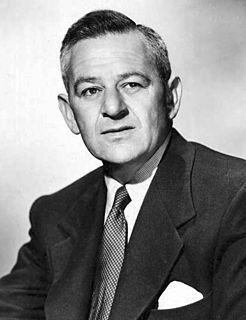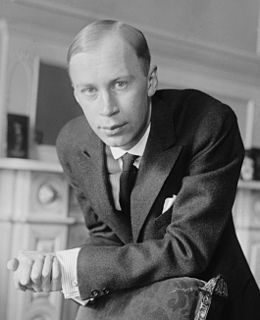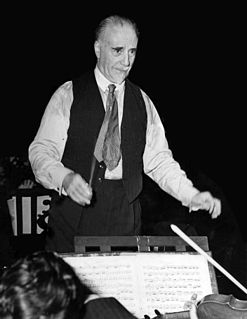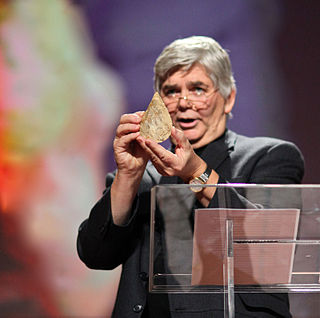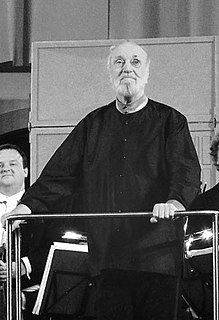A Quote by William Wyler
If Beethoven could write his 'Eroica Symphony' stone deaf, then William Wyler can do a musical.
Related Quotes
The point of recapitulation in the first movement of Beethoven's Ninth Symphony unleashes one of the most horrifyingly violent episodes in the history of music....The point is not to hold up Beethoven as exceptionally monstrous. The Ninth Symphony is probably our most compelling articulation in music of the contradictory impulses that have organized patriarchal culture since the Enlightenment. Moreover, within the parameters of his own musical compositions, he may be heard as enacting a critique of narrative obligations that is...devestating.
It is a shallow criticism that would define poetry as confined to literary productions in rhyme and meter rhythm. The written poem is only poetry talking, and the statue, the picture, and the musical composition are poetry acting. Milton and Goethe, at their desks, were not more truly poets than Phidias with his chisel, Raphael at his easel, or deaf Beethoven bending over his piano, inventing and producing strains, which he himself could never hope to hear.
Creativity is seeing what everyone else sees, but then thinking a new thought that has never been thought before and expressing it somehow. It could be with art, a sculpture, music or even in science. The difference, however, between scientific creativity and any other kind of creativity, is that no matter how long you wait, no one else will ever compose "Beethoven's Ninth Symphony" except for Beethoven. No matter what you do, no one else will paint Van Gogh's "Starry Night." Only Van Gogh could do that because it came from his creativity.
During a rehearsal of Beethoven's Ninth Symphony the members of the orchestra were so overwhelmingly moved by the conducting of Arturo Toscanini that they rose as one man and applauded him. When the spontaneous cheering has subsided, Toscanini turned to his men, tears glistening in his eyes. "Please . . . please! Don't do this! You see, gentlemen, it isn't me you should applaud. It's Beethoven!"
It seemed to me that had Haydn lived to our day he would have retained his own style while accepting something of the new at the same time. That was the kind of symphony I wanted to write: a symphony in the classical style. And when I saw that my idea was beginning to work, I called it the Classical Symphony.
It's clear on the one hand that an education enriches and informs a response to beauty, even makes it possible in esoteric cases. On the other hand, there's no question that someone with no musical education whatsoever might wander into a concert hall and be overwhelmed by the 'Beethoven Pastoral Symphony'.
